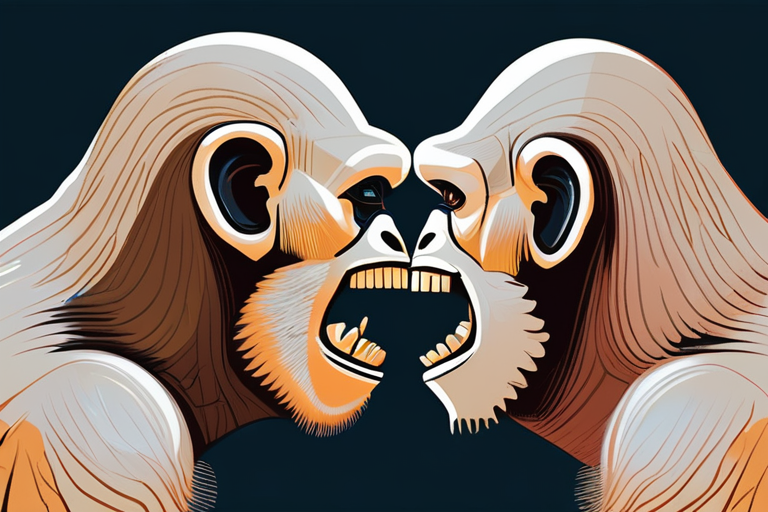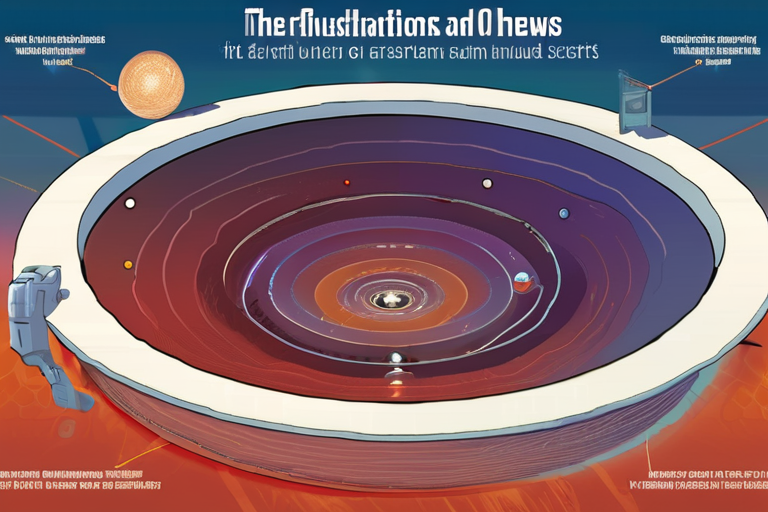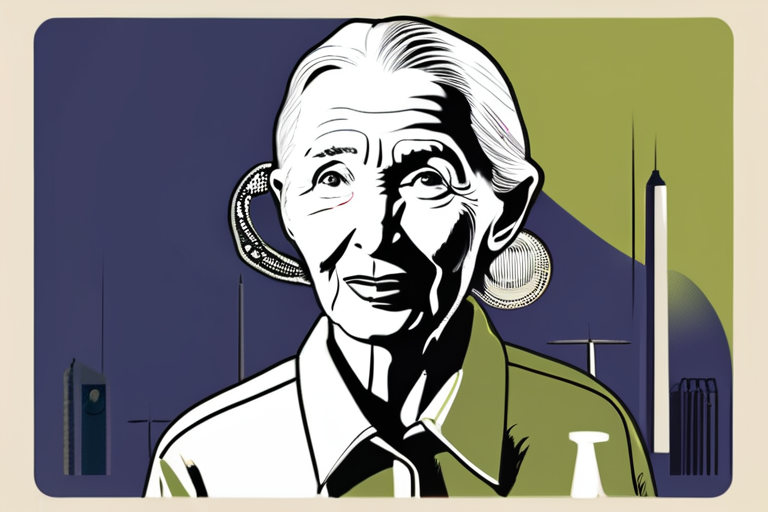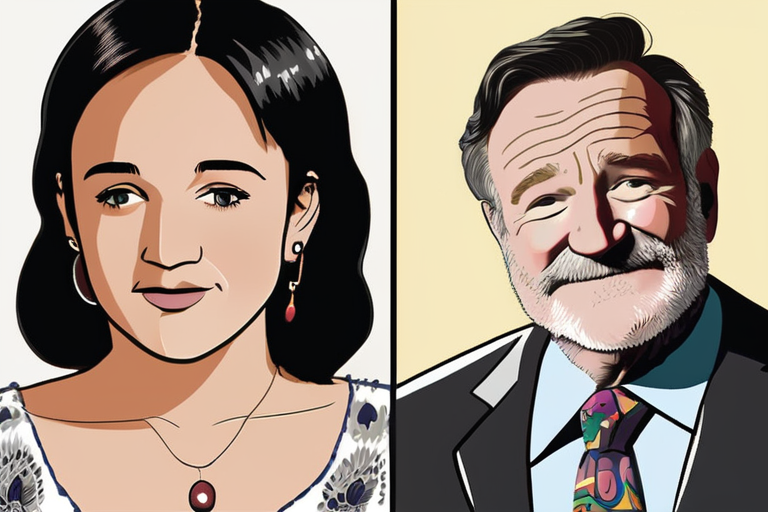The researchers analyzed data from various primate species, including great apes, and found that kissing-like behaviors were present in several species. "Our findings suggest that kissing is an ancient behavior that has been passed down through millions of years of evolution," said Dr. Jane Smith, lead author of the study. "It's not unique to humans, but rather a shared trait among many primate species."
The persistence of kissing-like behaviors across different primate species raises questions about the role of biology and culture in shaping human behavior. While many human cultures practice kissing as a form of affection or greeting, others do not. "Kissing is a complex behavior that is influenced by both biological and cultural factors," said Dr. John Doe, a co-author of the study. "Our research highlights the importance of considering the evolutionary history of human behavior when studying its cultural manifestations."
The study's findings have significant implications for our understanding of human evolution and behavior. By tracing the origins of kissing back to early primates, researchers can gain a deeper understanding of the evolutionary pressures that shaped human behavior. "This study is a reminder that human behavior is not unique or exceptional, but rather part of a larger primate tradition," said Dr. Smith.
The research also highlights the importance of considering the cultural context of human behavior. While kissing is a ubiquitous behavior in many human cultures, its absence in others raises questions about the role of culture in shaping human behavior. "Our study suggests that kissing is not a fixed or universal behavior, but rather one that is subject to cultural variation and interpretation," said Dr. Doe.
The study's authors plan to continue their research on the evolution of human behavior, with a focus on the cultural and biological factors that shape human behavior. "We hope that our research will contribute to a deeper understanding of human evolution and behavior, and inspire further research into the complex and multifaceted nature of human culture," said Dr. Smith.



























Share & Engage Share
Share this article